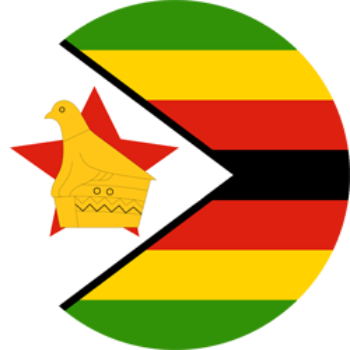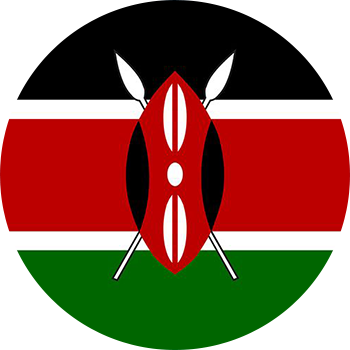Russian Nouns
Nouns
Nouns in Russian are divided into three parts(genders): Masculine, Feminine and Neutuer. The way you tell the difference is through the endings.
Let’s revisit the alphabet, we first need to separate the consonants from the vowels to continue with this section.
Russian Vowels
Here are the vowels in Russian:
- А
- Е
- Ё
- И
- О
- У
- Э
- Ю
- Я
The rest are consonnats or modifiers.
Determinig noun gender
1. What is denotes
The most obvious way to tell a noun’s gender is by what it denotes.
| Masculine | Pronounciation | Feminine | Pronunciation |
|---|---|---|---|
| ЧЕЛОВЕК / МУЖЧИНА (man) | chelovek / mushina | ЖЕНЩИНА (woman) | zhenschina |
| ПАПА (father) | papaa | МАМА (mother) | mama |
| ДЯДЯ (uncle) | dyada | ТЁТЯ (aunt) | tyota |
| МАЛЬЧИК (boy) | malchik | ДЕВОЧКА (girl) | devochka |
2. Its ending
- If a nouns end in consonnat or Й it is masculine
- If it ends in А or Я it is feminine.
- If it ends in О or Е it is neuter
| Masculine | Feminine | Neuter |
|---|---|---|
| СТОЛ - stol (table) | МАШИНА - mashina (car) | ВИНО - vino (wine) |
| ВЕЧЕР - veycher (evening) | КНИГА - kniga (book) | ОКНО - akno (window) |
| МУЗЕЙ - muzey (museum) | СЕМЬЯ - semya (family) | МОРЕ - more (sea) |
| СЕРДЦЕ - sertse (heart) |
Nouns Expanded
If Ь is at the end of the word, that word is feminine 3/4 of the time.
| Feminine In most cases | Feminine In most cases |
|---|---|
| ШЬ | ЖЬ |
| ЦЬ | ЗНЬ |
| ЩЬ | МЬ |
| ЧЬ | ПЬ |
| ФЬ |
Feminine
- Nouns ending in СТb
Masculine
The months of the year are all masculine
| Month | Pronunciation | Translation |
|---|---|---|
| ЯНВАРЬ | yanvar’ | january |
| ФЕВРАЛЬ | fevral’ | february |
| МАРШИРОВАТЬ | mashirovat’ | march |
| АПРЕЛЬ | aprel’ | april |
| МОЖЕТ | mozhet | may |
| ИЮНЬ | iyun’ | june |
| ИЮЛЬ | iyul’ | july |
| АВГУСТ | avgust | august |
| СЕНТЯБРЬ | sentyabr’ | september |
| ОКТЯБРЬ | oktyabr’ | october |
| НОЯБРЬ | noyabr’ | november |
| ДЕКАБРЬ | dekabr’ | december |





